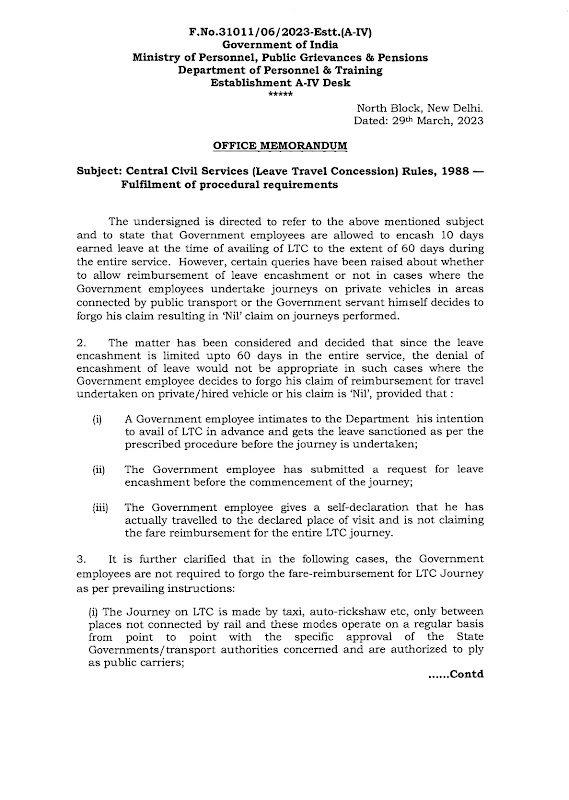Consequences of PAN becoming inoperative as per the newly substituted rule 114AAA: CBDT Circular No. 03 of 2023Consequences of PAN becoming inoperative as per the newly substituted rule 114AAA: CBDT Circular No. 03 of 2023Circular No. 03 of 2023F. No. 370142/14/2022-TPLGovernment of IndiaMinistry of FinanceDepartment of RevenueCentral Board of Direct Taxes*****New Delhi, Dated the 28th March, 2023Sub.: Consequences of PAN becoming inoperative as per the newly substituted rule 114AAA— reg.Consequent to the notification substituting rule 114AAA...
Read More ->>















 →
→











